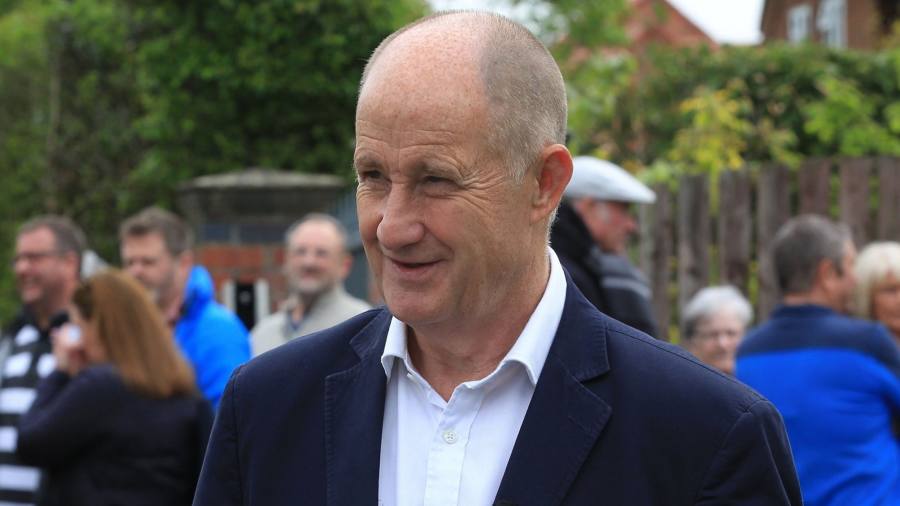UK ministers have launched a review into the longstanding problem of small businesses struggling with late payments by large companies, as the government seeks to help corporate Britain through the economic downturn.
Kevin Hollinrake, the new small business minister, told the Financial Times it was essential to help small companies secure prompt payments after they have provided goods or services to large businesses.
He also said the government would look at a contentious recent decision by ministers to cut back the research and development tax credits available to small businesses. The tax breaks are widely used by start-ups and small- and medium-sized enterprises.
Hollinrake acknowledged there were worries about rising numbers of company failures as the UK enters recession, “especially firms that have carried a lot of debts, and particularly in the hospitality sector”.
He said part of the government’s support for small companies would be to look again at the issue of late payments.
The government has announced a “payment and cash flow review” that will scrutinise existing measures to force large companies to pay small suppliers promptly.
More than £23.4bn is owed in outstanding invoices to small companies, according to government data. The review will include the prompt payment code, which encourages the settlement of most invoices within 30 days on a voluntary basis, and the role of the small business commissioner, who is meant to tackle late payments.
Craig Beaumont, chief of external affairs at the Federation of Small Businesses, said that “public policy change to tackle late payments has been stuck for years now”.
“If new ministers can breathe new life into this, and not just kick the can down the road to the election under cover of more consultations, then there is some cause for hope.”
Hollinrake, who was chair of the all-party parliamentary group on fair business banking, said there was “market failure in certain areas” for small businesses.
The government’s late payments review will also look at how lenders can help small businesses manage their cash flow and identify barriers to accessing finance.
Hollinrake said ministers were trying to address these issues, including through the government’s start-up loan programme and the enterprise investment scheme, which provides tax relief to investors who provide funding for qualifying companies.
He highlighted other government help for small businesses such as the energy bill relief scheme, which provides companies with a six-month discount on gas and electricity bills.
He will lobby for some small businesses to be given continued help under a forthcoming review of the scheme.
The government has said state support on companies’ energy bills will be targeted on a limited number of “vulnerable” businesses from next spring, sparking concern that other companies will be faced with big increases in gas and electricity costs.
“There are some businesses that can’t pass on price increases to their customers, that can’t mitigate energy usage,” said Hollinrake. “There will be continued support for those most vulnerable sectors.”
Hollinrake wants to help grow small businesses, pointing to data showing the UK topped the table in the OECD for start-ups but was 13th when it came to slightly bigger companies dubbed scale-ups. “We need to address that gap,” he said.
Meanwhile, after an outcry from small companies, the Treasury is meeting business representatives next week to discuss the move to curb R&D tax credits, according to one person briefed on the planned talks.
Hollinrake said the move to restrict the tax breaks reflected concerns over fraud, but added: “The Treasury is looking at it . . . I think it’s important we always listen to the people at the sharp end.”
A government official said that “like all tax policy, R&D is kept under constant review . . . it is standard with policy engagement for officials to meet and consult with a variety of stakeholders from across industry”.
Hollinrake, the founder of a chain of estate agents, described his own business career as “like how Churchill described the Americans: always do the right thing, but only after you tried all the alternatives”.
He said: “I know what it’s like to run a business. It’s fantastic, but I also know what it’s like to lay awake at night worrying about when you’re going to pay the bills. It’s not easy. And I want to make it easier.”
Credit: Source link














